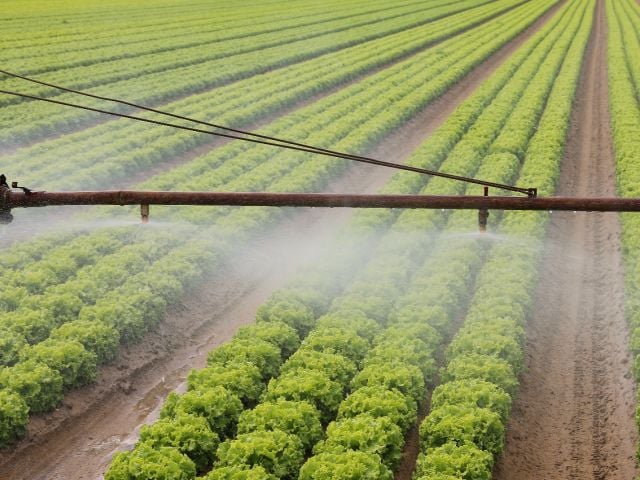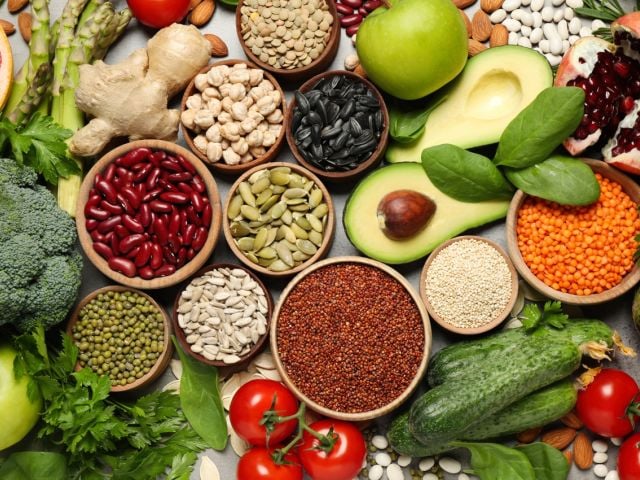Congress must make support for the nation’s food and farm system a priority in the next COVID-19 stimulus bill, said Scott Faber, senior vice president of government affairs at EWG. In a statement issued today, Faber outlined food and farm priorities for the next stimulus bill:
COVID-19 is testing America’s food system like never before. Although our food so far remains safe to eat, millions of Americans face hunger, millions of restaurant workers have lost their jobs, mom-and-pop restaurants are facing extinction, some farms are facing economic ruin, and food and farm workers lack basic protections from the virus.
To support families facing hunger and provide an immediate boost to the economy, Congress should increase the SNAP benefit by 15 percent, raise the minimum monthly benefit to $30 and suspend rules that limit benefits. Congress should also suspend the public charge rule and take other steps to prohibit discrimination in anti-hunger programs. The Department of Agriculture should also use its authority to make it easier to provide meals to low-income families during school closures, many of whom are food and farm workers, by issuing a nationwide waiver for area eligibility.
Much more needs to be done by the Occupational Safety and Health Administration to protect frontline food-chain workers and others at risk. These protections must ensure that the food and farm workers who grow, harvest, manufacture, stock, sell and transport our food have adequate protection from the virus, including personal protective equipment and, in the case of farm workers, better housing and transportation. The USDA should also issue food and worker safety guidance to school food service workers, operators and volunteers, and provide them with personal protective equipment.
Congress should also do more to support newly unemployed food and farm workers by expanding the number of weeks that workers are eligible for unemployment benefits, regardless of immigration status, and provide hazard pay. Congress should also ensure that all food and farm workers are designated as first responders and are eligible to receive state benefits such as childcare, overtime, premium pay and have the right to organize.
To protect the health of food and farm workers and their families, and reduce the spread of the virus, Congress should provide free COVID-19 testing, regardless of immigration status, and provide universal paid sick days, and paid family and medical leave. What’s more, Congress should expand health care coverage by paying for medical treatment related to COVID-19, by increasing the federal share of state Medicaid expenditures, and by adopting policies to help unemployed food and farm workers obtain health insurance.
Farmers are ready to meet regional food supply needs. To ensure that they can do so, financial assistance should be directed to those most susceptible to economic downturns, including farmers and ranchers and those who have lost local markets due to the COVID-19 pandemic.
Although our food remains safe, Congress should also ensure that the USDA, the Environmental Protection Agency and the Food and Drug Administration continue to enforce laws that protect us from food-borne illness, especially environmental laws that protect farm workers from pesticides and protect our drinking water supplies, and laws that limit line speeds in meat and poultry processing.
Congress should do much more to support independent restaurants by providing grants, reforming loan forgiveness standards and expanding zero-interest loans, and by extending loan periods.
Our food and farm workers are working long hours, at enormous personal risk, to make sure store shelves are stocked and families are fed. Millions of restaurant workers have lost their jobs. Mom-and-pop restaurants face the risk of economic ruin. And many families who lost their jobs or depend on school meals may now go hungry. As more workers become sick and job losses grow, our nation’s food and farm system will be tested even more.



.jpg?h=827069f2&itok=jxjHWjz5)